
Meet the mitochondria
You’ve heard of the genome – our complete set of DNA – but do you know about mitochondrial DNA and its relevance to health?

Pharmacogenomics: mechanisms of action
We know that different people react differently to drugs. But how does this actually happen? And where does genomics come in?
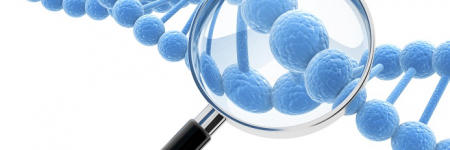
Four types of genomic testing explained
In the age of genomics, it can be difficult to understand the ins and outs of different types of testing; here we break down four of the most common
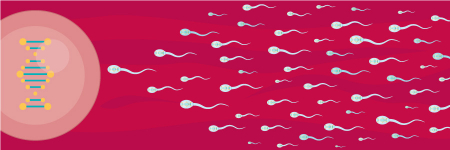
Probability, chance and genetic inheritance
When it comes to genetic inheritance from parent to offspring, there isn’t a guaranteed outcome. But there are ways to assess the possible outcomes

Do our genes govern our fate?
A ‘faulty’ gene can result in different outcomes for different people – penetrance and expressivity influence the impact of our genetic code
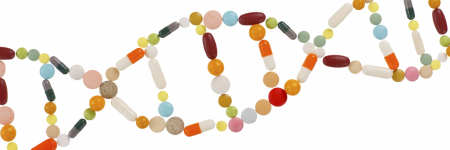
What is pharmacogenomics?
… and how can clinicians take advantage of advances in genomics to better predict how their patient will respond to medication?
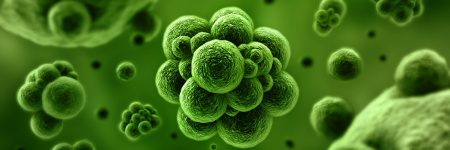
Love bugs? Here’s five key facts about the microbiome
The DNA in your body doesn’t just come from you, thanks to the many millions of bacteria, virus and other cells that reside in you and on you
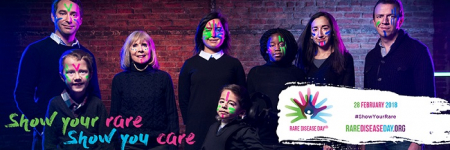
Rare disease, genomics and the future
In the run-up to Rare Disease Day, we outline what constitutes ‘rare’ and how genomics is used in diagnosis and management
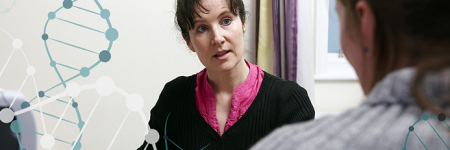
Direct-to-consumer genetic tests at an all-time high…
… but how can healthcare professionals make sure they are equipped to support patients who are worried and distressed about their results?
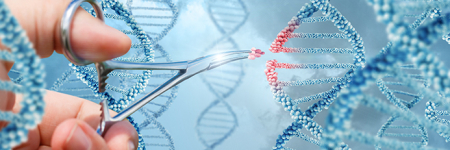
Genome editing: Talking to patients
With genome editing hitting the headlines, patients may have questions about its applications. Here’s our concise guide for health professionals
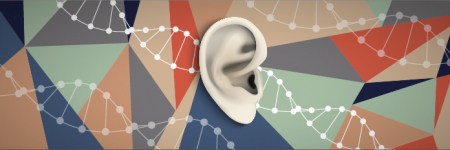
Earlobe genetics pierces the monogenic myth
Your earlobe shape was thought to be controlled by a single gene – until genome sequencing revealed otherwise. What other misconceptions will be uncovered?

Genome editing: 5 key questions answered
News stories in biomedicine are being dominated by genome editing, Crispr and other methods. So what's it all about, and what might it mean for healthcare?


